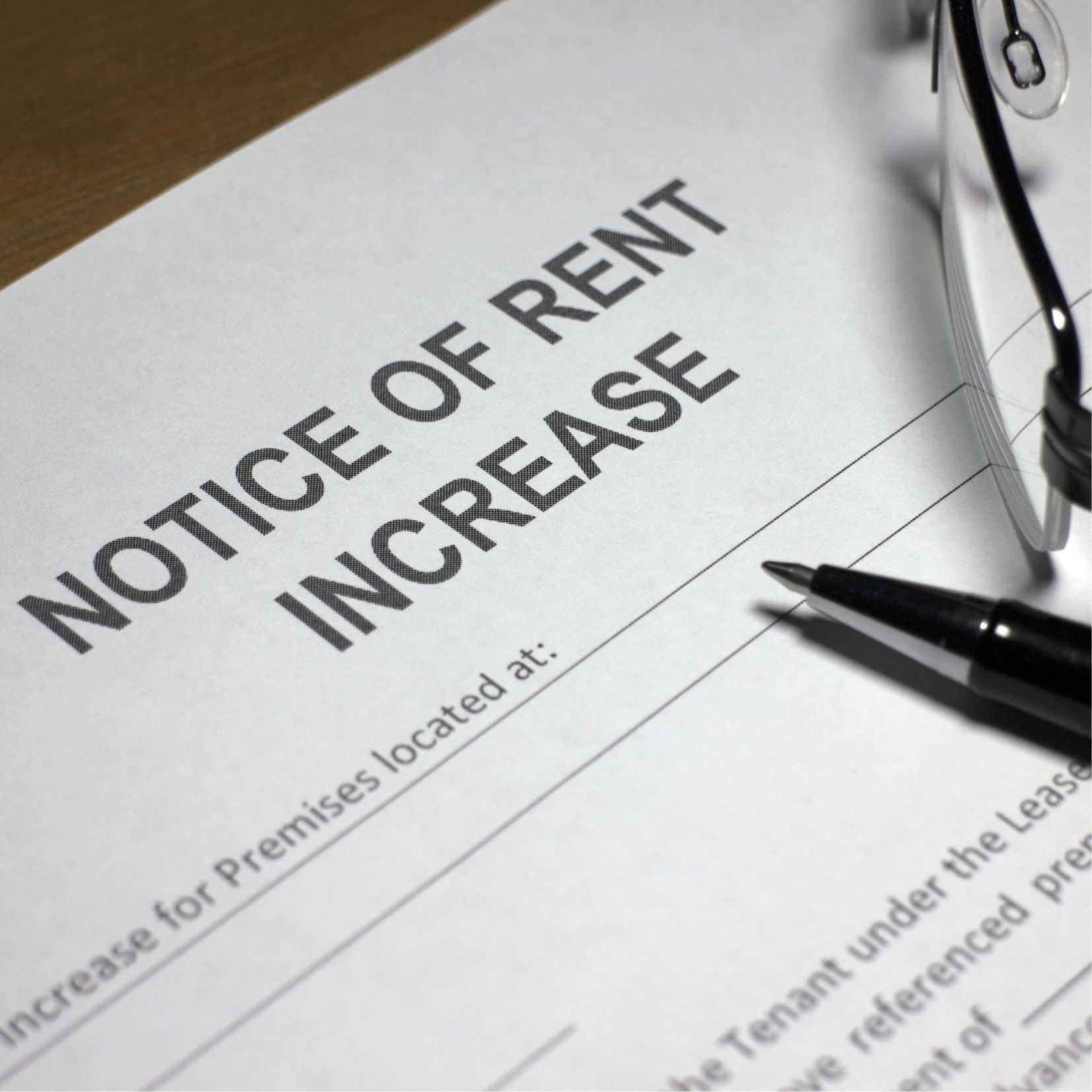Share post:
The Renters’ Rights Bill is making waves in the UK’s rental property market as it continues to progress into law. The government is serious about empowering tenants regarding their right to fair, secure and affordable rental properties.
One of the key provisions in the bill is against unreasonable rent increases. Landlords can no longer raise prices at will. They need to follow the guidelines detailed in the bill before they can raise their rental fees.
In this article, you’ll discover more about the new rules on rent increases and what you can do as a landlord to comply and foster better tenant relations.
The New Framework for Rent Increases
The Renters’ Rights Bill introduces a new framework to guide landlords and tenants on how to raise rent prices. In the past, some landlords impose unjust rental price hikes to force tenants to move out because of unaffordability. These backdoor evictions are part of the reason why the government is putting restrictions on rent increases.
At the same time, this provision will also help landlords set the right rental price for their properties. It’s meant to clearly define their right to profit from their rental properties without compromising the tenant’s right to access affordable homes.
Here are the important changes you should pay attention to.
- Frequency of Rent Increase. Landlords are only allowed to increase rent once a year. This will give tenants the ability to predict when the next rent price hike will be so they can financially prepare for it.
- Market Rate. Landlords can only increase their rent price up to the current market rates or the price of the unit when it’s newly advertised to let. This is the rate that will be considered fair and justifiable. If the new rent increase goes beyond the market rate range, this will give the tenant grounds to challenge the hike.
- Notice Period. Landlords are required to give tenants 2 months’ notice before implementing the increase. This gives them time to plan their finances, respond positively or file a dispute if the hike is unjust.
- Rent Review Clause. Some landlords include a rent review clause in their lease agreement to give them the right to raise prices. This will no longer be the sole basis for raising rent prices. If it does not meet the required frequency and market rate, it cannot be used to justify a rent increase.
Empowering Tenants to Challenge Rent Increases
The provision limiting rent increases also gives tenants the power to challenge rent increases if it’s above the current market rate. This challenge can be brought to the First-tier Tribunal, a special body authorised to deal with disputes between landlords and tenants.
Under the Renters’ Rights Bill, the government will reform the Tribunal so tenants will feel confident in airing grievances against unjust rent hikes.
The reformed Tribunal will have the authority to do the following:
- Review evidence provided by landlords and tenants, e.g. data on comparable local properties and rental market trends.
- Declare the current market rate of the rental property to determine the validity of a rent increase.
- Keep tenants from paying more than what the landlord asked for, ending the previous rule where the Tribunal was allowed to increase the rent price beyond what the landlord originally proposed.
- Determine the date when the rent increase will be effective, including the ability to defer rent increases by 3 months in case of undue hardship.
- End the practice of backdating increases. The new rent increase will only be valid on the date the Tribunal’s determination is made.
Tips for Landlords to Avoid Rent Increase Disputes
Going through rent increase disputes can be time-consuming for busy landlords so it’s best to comply with the Renters’ Right Bill to begin with. This doesn’t mean you should hesitate to increase rent. You have every right to do it as long as you follow the framework stated in the bill.
To minimise the risk of having your rent increase challenged, here are tips you can implement.
Communicate early
Be transparent with any adjustment plans you may have. Explain to tenants why you need the increase. This could be for maintenance costs, property upgrades, increasing mortgage rates or other market trends.
Justify with data
Gather data to justify your reasons for increasing the rent. Show tenants comparative data of rental rates within the area. Use data from similar properties to show that your rent increase is not unfounded. It will help build trust and lower the chances of getting challenged.
Provide options
Expect that when you show your intent to increase rent, tenants will naturally be against it. To soften the blow of the increase, give your tenants options. You can agree to increase the rent gradually. Or you can give them a discount for the first 2 months to help them adjust. This will show you’re willing to work with them to achieve your respective goals.
Stay updated
Keep up with local rental market news and trends. Stay on top of any legislation changes so you can keep your property compliant. Subscribe to property management news or join landlord associations. These are great sources of information about the rental market.
How to Benefit from Fair Rental Price Practices
The new rules on rent increases may seem biased towards tenants but there are ways for you to benefit from it. You have to realise that the Renters’ Rights Bill is not meant to restrict the rights of landlords. Instead, it’s trying to ensure housing affordability and fairness. This shift does not have to be negative because it can help you build stronger relationships with tenants.
Keep in mind that being fair with rent increases can lead to lower turnover. You’re showing tenants respect by understanding their needs and affordability concerns. At the same time, you’re also enforcing your right to earn from your property. Being fair with the process of increasing rent will keep vacancy rates low. It also reduces disputes and can help you avoid the hassle of going through the Tribunal.
When your occupancy rates are high, you can benefit from the steady flow of rental income. Having a great relationship with tenants will also increase your reputation as a landlord. This will bode well for you in case you need to find new tenants. With a strong vetting process, you can find reliable tenants who will be responsible and respectful of your position as the landlord.
Stay Compliant to Protect Your Rental Revenue
Understanding the new rules on rent increases will put you in a position of opportunity so you can showcase both professionalism and fairness. Adhering to the guidelines will strengthen your rental business and boost your reputation as a trustworthy and fair landlord. This will make it easier to foster long-term tenant relationships – allowing you to benefit from a steady flow of rental income.
Although the Renters’ Rights Bill is yet to pass into law, you can start making adjustments as early as now. Review lease agreements and see where you can improve rental policies. Strengthen communication with tenants to build better relationships.
This will help you protect your rental business so you can continue to benefit from the rental income it brings.
If you’re unsure about how these changes will affect your properties, partner with a property management company. They have the expertise to help you understand how to use these changes to make your rental business stronger. Contact City Relay to learn more about staying compliant.












